Journalist by calling, not by education, Olena Yermolenko from Pokrovsk in Donetsk region has lived fifty kilometers from the frontline for the past eight years. But when the Russian aggression spread throughout Ukraine, she had to save her life, despite her ambitious plans for 2022. Here is Olena Yermolenko’s story, especially for the National Union of Journalists of Ukraine (NUJU).
In recent years, Olena Yermolenko has worked for the corporate media “Monolit” of the company “Metinvest Pokrovskcoal”, as well as collaborated with many regional and all-Ukrainian digital media.
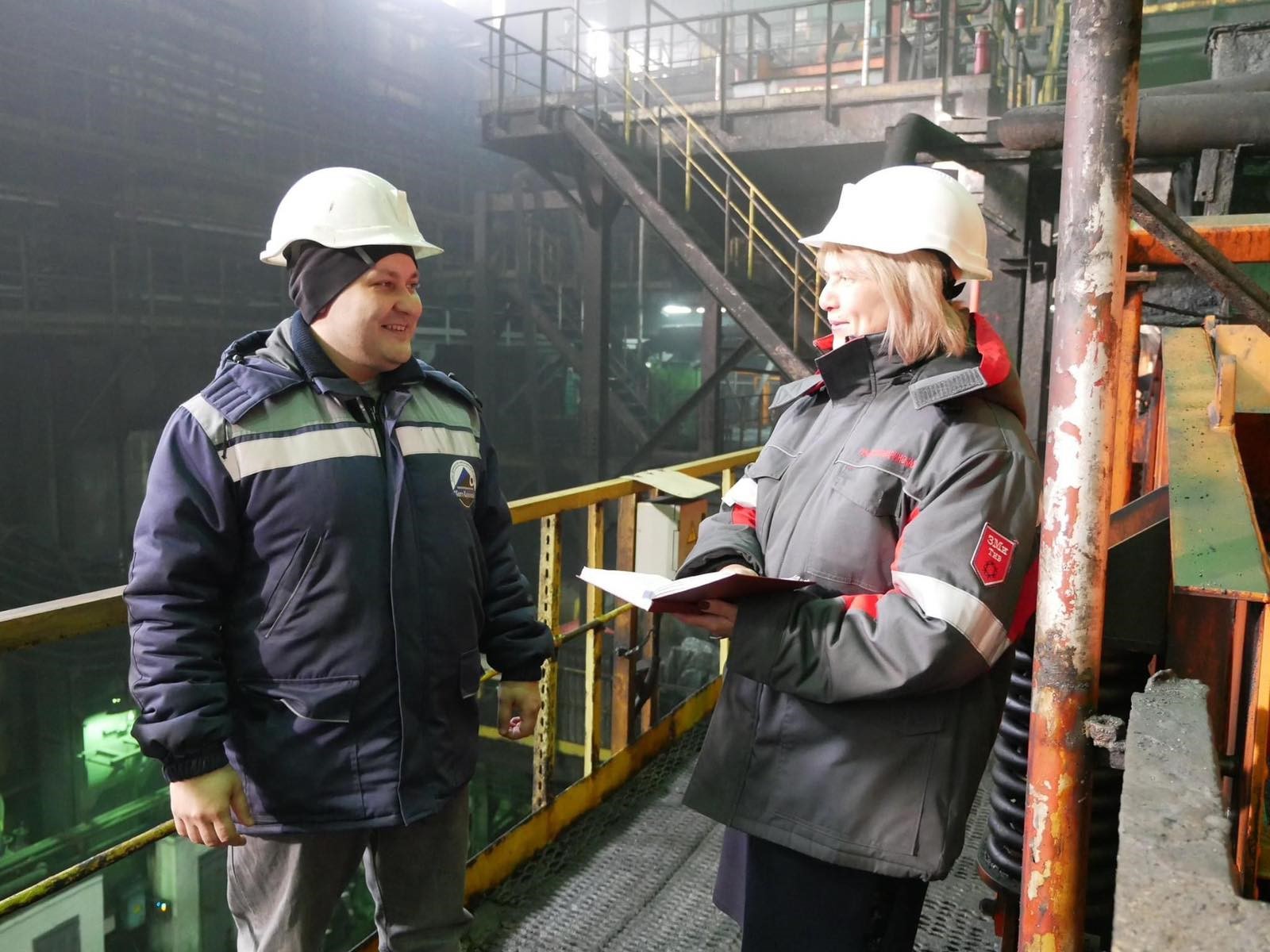 “I entered 2022 with quite ambitious plans. I have founded my own project and published a first interview. And on February 20, I took part in an experimental project “Tasty February” by a digital magazine “Svoi”. It was a cool idea: journalists were preparing famous dishes, and this should have popularized the food culture in Donbas. But this issue never came out because on the 24th Russia began a missile attack on the entire territory of Ukraine,” says Olena.
“I entered 2022 with quite ambitious plans. I have founded my own project and published a first interview. And on February 20, I took part in an experimental project “Tasty February” by a digital magazine “Svoi”. It was a cool idea: journalists were preparing famous dishes, and this should have popularized the food culture in Donbas. But this issue never came out because on the 24th Russia began a missile attack on the entire territory of Ukraine,” says Olena.
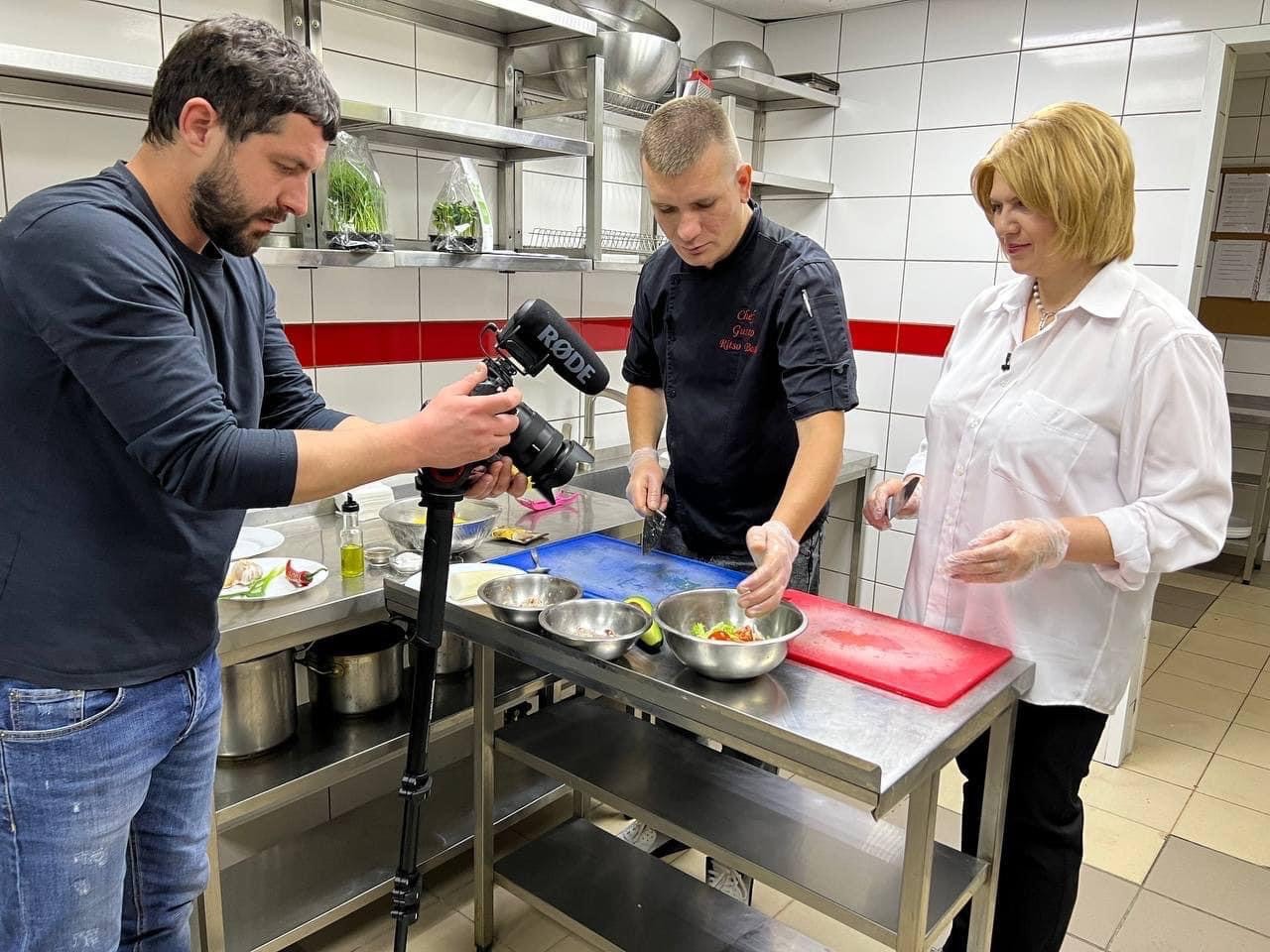
Olena was not ready for such a scale of the war and did not want to leave her hometown.
“We didn’t plan to go anywhere — probably because we didn’t realize a scale of the tragedy. Miraculously, there was peacefully in Pokrovsk when rockets were flying almost all over Ukraine. That’s why our media continued to work remotely, but we didn’t stop informing the population. And it was like that until mid-March,” says our interlocutor.
The night of March 17 was crucial for the journalist. Anti-aircraft defence shot down the first Russian missile over Pokrovsk, the fragments of which fell three hundred meters from Olena’s house.
“There was a strong explosion, a fire started,” Olena recalls. “It became so scary that in the morning we took an alarming suitcase that had been standing in the corridor since the first days, and went to Dnipro to visit my husband’s relatives”.
In that period, we learned to live with the daily feeling of anxiety for our relatives who remained in Pokrovsk under shelling, and with the understanding that it’s good to be a guest, but it’s better to be at home.
“Later, when the situation stabilized a little, we returned home for a few days to visit relatives and see the apartment. But I spent with benefit even that time. I wrote reports about how the city lives. It kept me going,” admits the journalist.
Over time, life in Dnipro settled down. Olena actively participated in various events and meetings for displaced people.
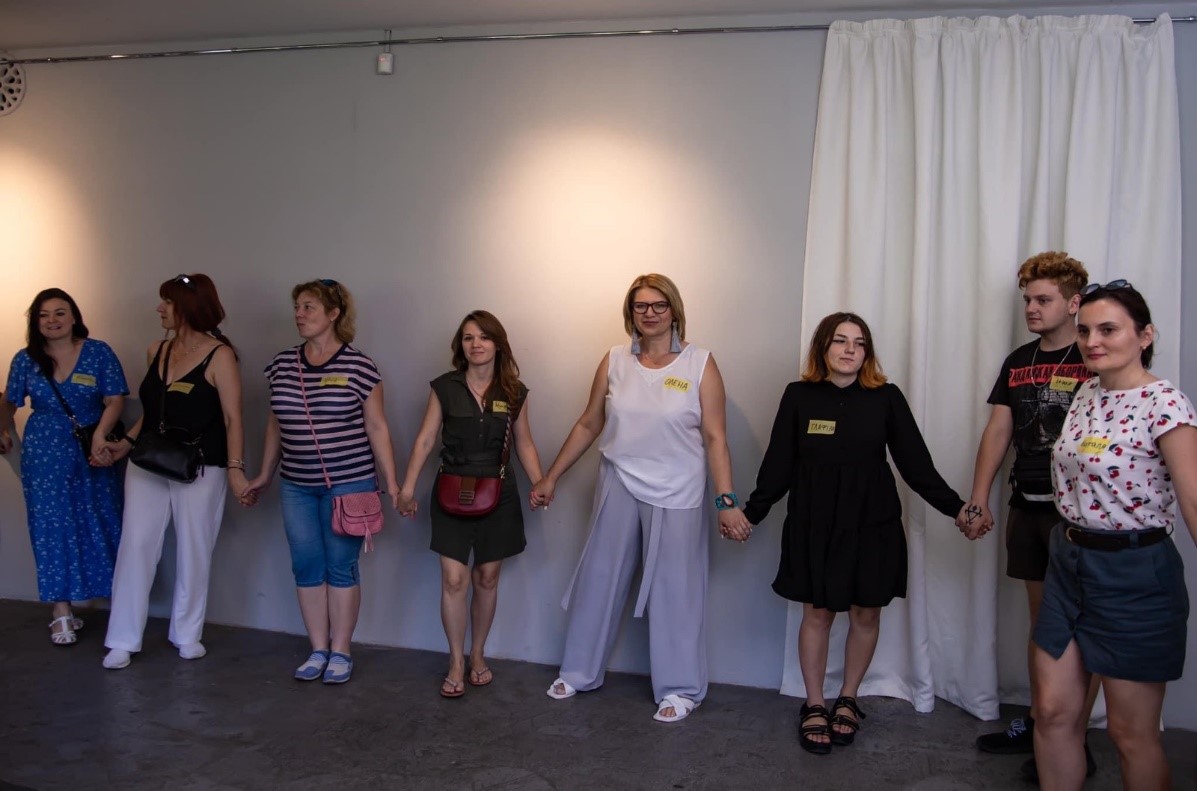 But after six months, she returned to her Pokrovsk. There she continued to work as a journalist and became a co-founder of the “Literary Lounge” for local artists and poetry lovers.
But after six months, she returned to her Pokrovsk. There she continued to work as a journalist and became a co-founder of the “Literary Lounge” for local artists and poetry lovers.
“We have such literary evenings once a month, during which people can show their talent, get inspired, or just relax. Firstly, it unites people, and secondly, it instills hope that life goes on, and one should be able to enjoy every minute,” says Olena Yermolenko confidently. “It’s a great happiness for me to be at home now. Unfortunately, not everyone has had that opportunity. I will never forget the tragedy that happened not long ago in Dnipro — it’s very scary. I just want to say one thing: the war has forced us to rethink our lives well and understand what is most important and valuable.”
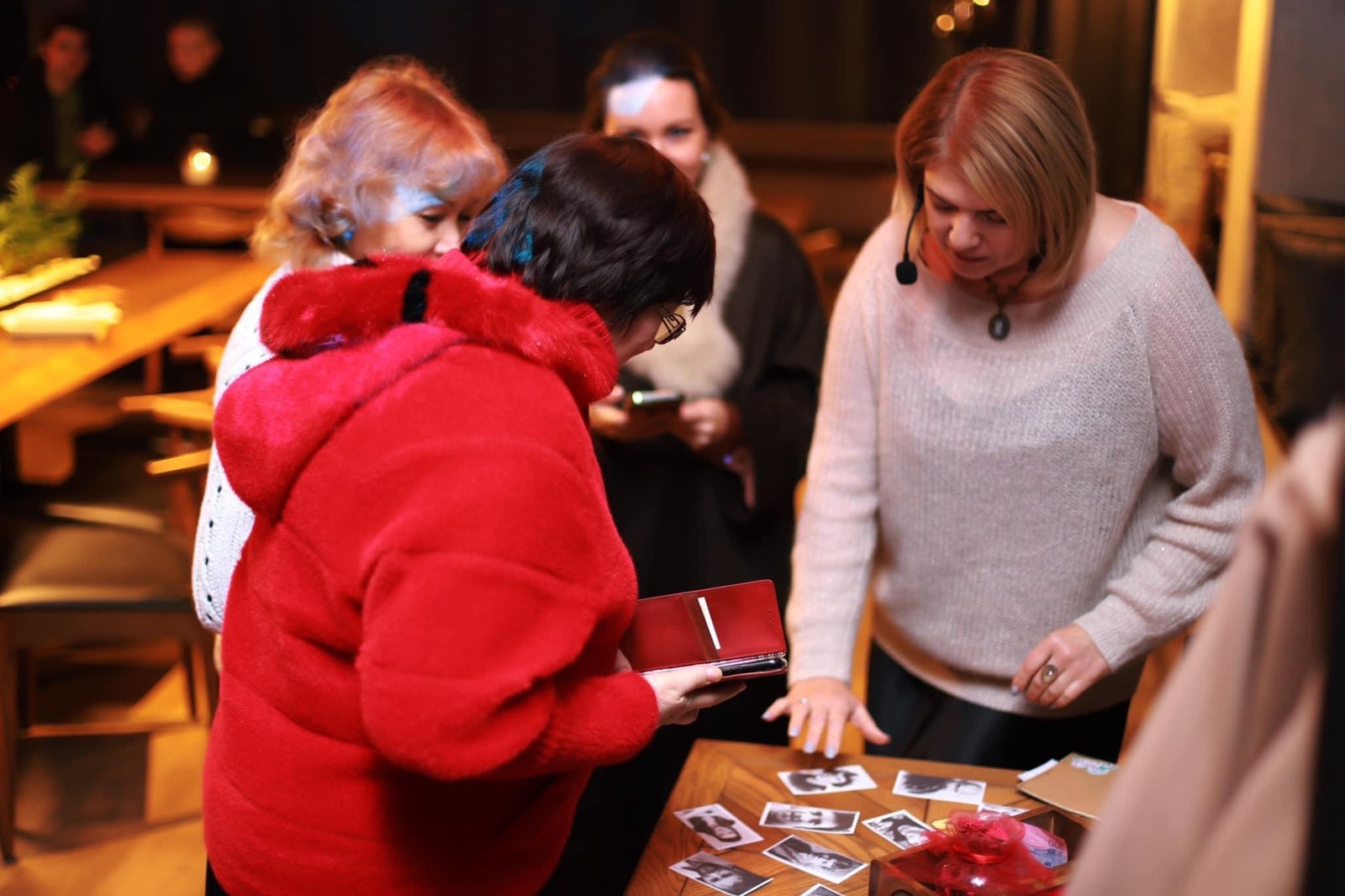 JOURNALISTS ARE IMPORTANT. Stories Of Life And Work In War Conditions is a cycle of materials prepared by the NUJU team with the support of the Swedish human rights organization Civil Rights Defenders.
JOURNALISTS ARE IMPORTANT. Stories Of Life And Work In War Conditions is a cycle of materials prepared by the NUJU team with the support of the Swedish human rights organization Civil Rights Defenders.

 THE NATIONAL UNION OF
JOURNALISTS OF UKRAINE
THE NATIONAL UNION OF
JOURNALISTS OF UKRAINE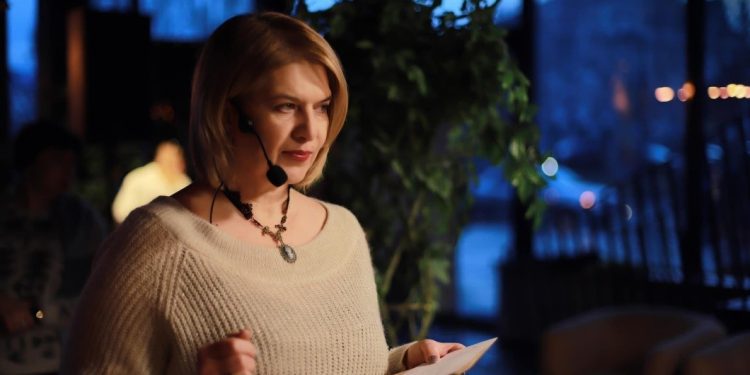
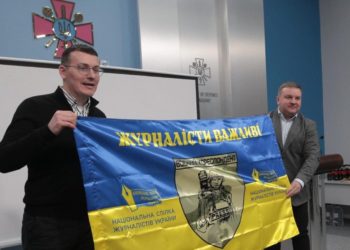
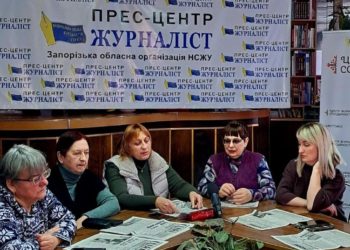
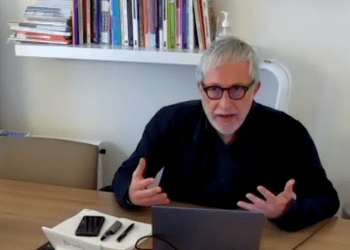













Discussion about this post